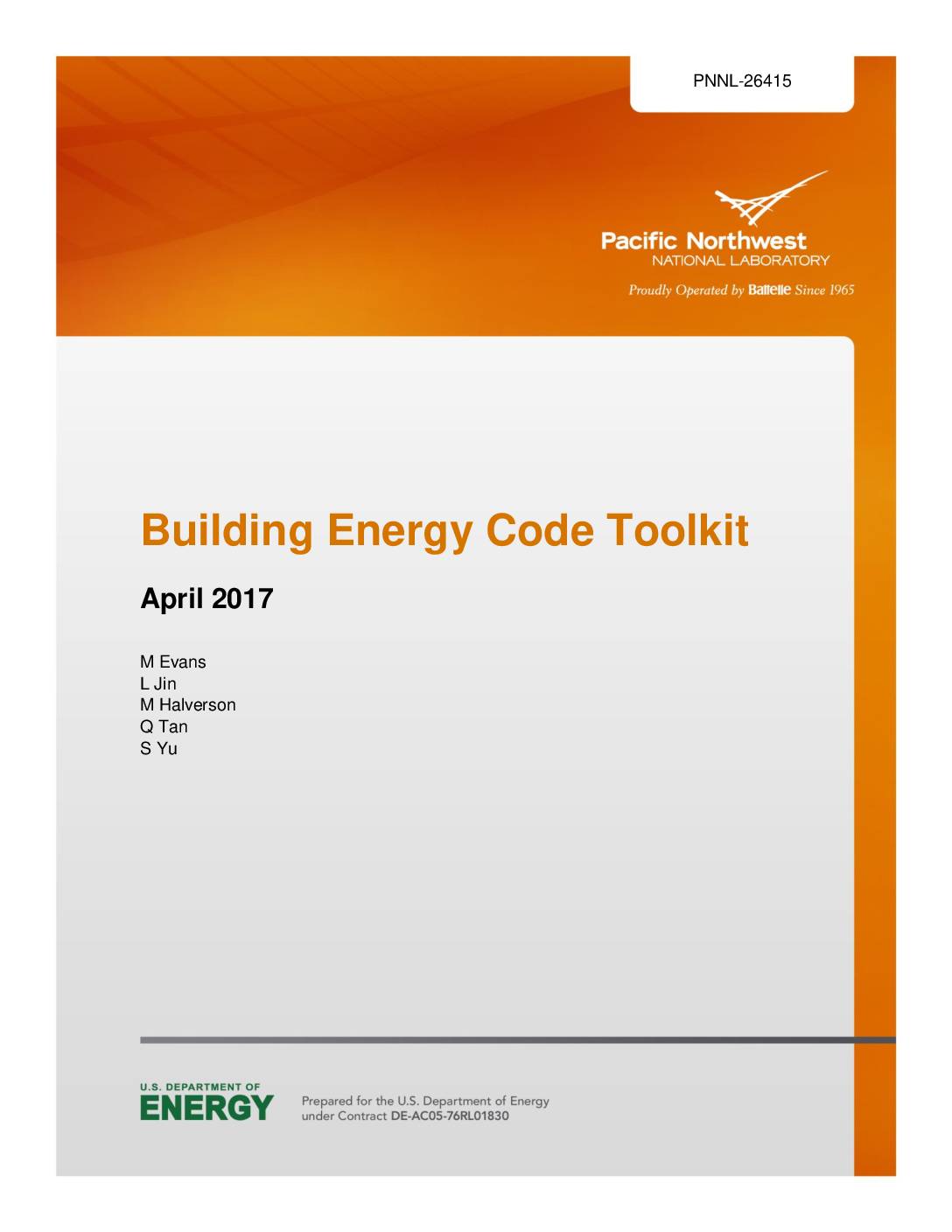Building energy use accounts for over one-third of global energy use, and this share is growing as incomes rise and cities grow. Many countries and cities are looking at ways to encourage cost-effective energy savings in buildings. Building energy codes help lock in savings in new buildings and renovations. Today’s codes can reduce energy use in buildings by half compared to buildings prior to codes, based on the experience in countries like China and the United States. Most countries have revised their codes in recent years to capture even greater energy savings. Looking forward, many countries have roadmaps to work on net zero energy building codes.
Under the Paris Agreement, 53 countries have committed to reducing their emissions through building energy efficiency and 38 specifically mention building energy codes in their Nationally Determined Contributions. These numbers are likely to grow as countries develop their implementation plans for their Nationally Determined Contributions. However, many countries today either do not have a building energy code or they have gaps in implementation.
This toolkit is designed as a first step in helping countries, cities and experts in developing, adopting and implementing their codes. In its present form, this toolkit is set out as a useful reference, but also as a means of assessing the potential of such information to help governments and other stakeholders. The toolkit covers five main topics: guidance for cities and jurisdictions that are just getting started, and tools that can provide inspiration and knowledge regarding code development, adoption, implementation and evaluation. However, this toolkit is also a research aide, helping understand where there may be gaps in information content or form. It can also be used to test the potential for scaling up of building energy code deployment using simple, replicable types of information sharing.
This toolkit was supported by the U.S. Department of State and the U.S. Department of Energy’s Office of International Activities with the goal of helping countries and cities on building energy codes under the International Partnership for Energy Efficiency Cooperation (IPEEC). PNNL is also partnering with the Building Energy Accelerator and the World Resources Institute to assess gaps with code deployment and gaps with available tools. This work is being conducted in close collaboration with cities that have made commitments to implement codes in the Building Energy Accelerator.
Share this

Sectors: Buildings, Cities
Country / Region: Asia, China, Northern America, United States
Tags: Building Energy Codes, building types, cities, energy, energy efficiency, energy savings, Nationally Determined ContributionsKnowledge Object: Publication / Report
Published by: U.S. Department of Energy
Publishing year: 2017
Author: M Evans, L Jin, M Halverson, Q Tan, S Yu
